
Menopause in the workplace: are firms providing adequate support?
As construction companies seek to attract and retain more female employees, establishing robust menopause policies has never been more important
Construction firms are increasingly providing support to employees going through the menopause.
Menopause occurs when periods stop due to lower hormone levels. This typically affects women between the ages of 45 and 55, but it can begin earlier.
Symptoms are different for everyone, but can include anxiety, mood swings, brain fog and hot flushes.
According to research from women’s rights charity The Fawcett Society, one in 10 women who worked during the menopause have left their job due to their symptoms – a number that the organisation’s chief executive Jemima Olchawski describes as “eye-watering” and “a national scandal”.
However, she adds that there are “simple interventions” that can make a difference.

We need to take care of our employees. People don’t leave companies, they leave line managers. We underestimate our requirement to educate line managers and make sure they have the tools and the equipment to be able to do their job to the best effect
Flexible working, Olchawski says, should be the default and all employers should have menopause action plans and guidance.
Forward-thinking approaches
Increasingly, construction companies are beginning to explore these avenues.
Skanska executive vice president commercial and legal Swati Paul explains that culturally across the organisation there is a strong emphasis on mental health and general wellbeing.
“There is a culture of bringing your whole self to work,” she says.
For menopause specifically, the company has set up a women’s network with online support. There have been events online to support women facing menopause issues and to share information with other allies also in attendance.
The business also allows flexible working, enabling employees to work from home or the office depending on the constraints of their job and their line management.
In addition to this, there is a focus on improving understanding of the menopause.
Two male directors (one of whom was the former Skanska chief executive) completed a 24-hour MenoVest challenge, for example, which involved wearing a vest that mimicked the symptoms of menopause and sharing their experience.
“There aren’t many companies where men would be prepared to do that,” Paul says.
Menopause policy
Meanwhile, Graham began the process of providing menopause support by developing a menopause policy.
Graham HR business partner Jude Letman explains: “We identified very quickly that everybody’s experience is going to be different, so we had to make sure we were covering those reasonable adjustments that employees could ask for.”
In terms of adjustments, some employees requested more breathable uniforms, while others found it helpful to sit closer to the window.
The firm also created quiet areas where people can get a coffee and take a break.
In addition, Graham is open to reassessing employee workloads and job tasks and has a wellbeing hub and employee menopause forum on its intranet.
Guidelines are also available for managers, informing them of the menopause policy and reasonable adjustments.
Flexibility and working from home have a key role to play. “A lot of women suffer from sleep deprivation and it’s worked well if they’re feeling fatigued,” Letman says. “They can put on comfortable clothes and maybe start a little bit later.”
Sir Robert McAlpine also has guidance on menopause, period dignity and pregnancy loss, and places importance on educating line managers.
The company’s adjustments range from flexible start and finish times to good understanding, having hot water bottle facilities and a private breakout area.

How the industry can provide better menopause support
Irwin Mitchell lead practice development lawyer Joanne Moseley shares some top tips for employers.
- Appoint menopause ‘champions’ who can open up discussions, develop suitable policies and support women.
- Have a policy that emphasises the support available and explains what adjustments may be suitable and how employees can ask for these.
- Train managers so they understand the basics, are comfortable having conversations about the subject and can make appropriate decisions in line with the policy.
- Consider what changes the organisation can make to support employees going through menopause – for example, providing quiet spaces to work in open-plan offices, cold water stations and desk fans.
- Support flexible working. Allowing employees to make changes to their usual working pattern, including when or where they work, is particularly helpful.
- Accept that everyone experiences the menopause differently. Employers that take the time to understand how the menopause is affecting individual employees will be better placed to retain the experience and knowledge of women in their organisation.
For more information: Tackling the Menopause Taboo.
Sir Robert McAlpine chief people officer Karen Brookes emphasises that “an adjustment that’s helped with one scenario isn’t necessarily going to be appropriate the whole way through”.
“It’s helping line managers understand they need to have regular dialogue with the individual,” she says. “Sometimes it’s just being able to talk and having a safe space.
“I try to say to line managers: one size fits one, don’t assume that a standard approach will work for everybody.
“Have the dialogue and try to get something that meets business needs but also helps the individual get where they need to get.”
Retaining employees
According to Olchawski, if the industry is “serious about recruiting and retaining women, they need to get serious about the menopause”.
A CIPD report published in October 2023, Menopause in the workplace, found that around 17% of women have considered leaving their jobs because of the lack of support in relation to their menopause symptoms, while a further 6% have left work.
Irwin Mitchell lead practice development lawyer Joanne Moseley stresses that these employees “are often at the peak of their careers or in managerial positions and losing their skills can leave real gaps, which employers then have to try and fill”.
However, Paul feels that the growing awareness and discussion of the menopause means companies “have a better opportunity to retain people and help people work”.
“It’s really important from a retention perspective and with the skills shortage that we retain people but also support them through their challenges,” she says.
“Culture is a big reason why people join one company or another.”
Similarly, Brookes emphasises that employees have other options and “can go and be an engineer in any kind of business in any kind of sector”.
“It’s about making sure construction remains attractive and relevant,” she says. “We need to take care of our employees. People don’t leave companies, they leave line managers.
“We underestimate our requirement to educate line managers and make sure that they have the tools and the equipment to be able to do their job to the best effect.”
Opening up conversations
While the menopause is “a natural part of ageing”, Moseley says it is still considered “a taboo subject” in some sectors.
Brookes adds that it’s “fairly early stages” in terms of people feeling comfortable talking about the menopause, while Paul stresses that companies should make sure it is “part of the fabric of regular communication”.
As an organisation, Graham has found that running workshops has helped “normalise the conversation between line managers and employees”.
These workshops look at mental and physical health and give women the tools to decide what might help with their menopause symptoms.
Employees also have access to the Balance Plus health app and BUPA employee assistance.
Letman says: “The workshops were fantastic because for a lot of women, some of the symptoms they were experiencing were related to the menopause. It was quite eye-opening to be able to discuss with each other and the group.
“After the workshops I’ve found more women stop me wanting to discuss the symptoms, so it’s opened up a lot more conversations.”
Following the success of the workshops, the firm decided to train up menopause advocates.
“Women may still not feel comfortable talking to their line managers, so we’re building a community,” Letman explains. “Advocates can talk to line managers on behalf of employees and provide a listening ear.”
As a result of its work, Graham has won the BITC NI Wellbeing at Work Award, was a finalist in the Investors in People Health and Wellbeing Awards in London, and won the Considerate Constructors Scheme Leading Lights Award for Physical Wellbeing.
Can the industry do more?
Moseley feels there is no doubt that some employers in the construction sector are showing leadership but adds that “many others have a lot to do”.
CIPD senior employee wellbeing adviser Rachel Suff adds: “As with most sectors, progress on creating menopause-friendly workplaces is uneven in the construction sector and there are particular challenges given the nature of many roles and the need to attract and retain more female employees across these.
“However, with plans by the Menopause Employment Champion to extend the government’s focus to the construction sector in the coming months, the spotlight on good practice will really help.”
Brookes also believes the industry can do more but acknowledges that “given it is still so male dominated, it’s not the easiest thing in the world”.
“It’s about some of us being brave and being the vanguard in terms of pushing it out there and you find the others start following suit,” she says.
“If you’re prepared to flex, you can make anything work if you’re prepared to do so.”
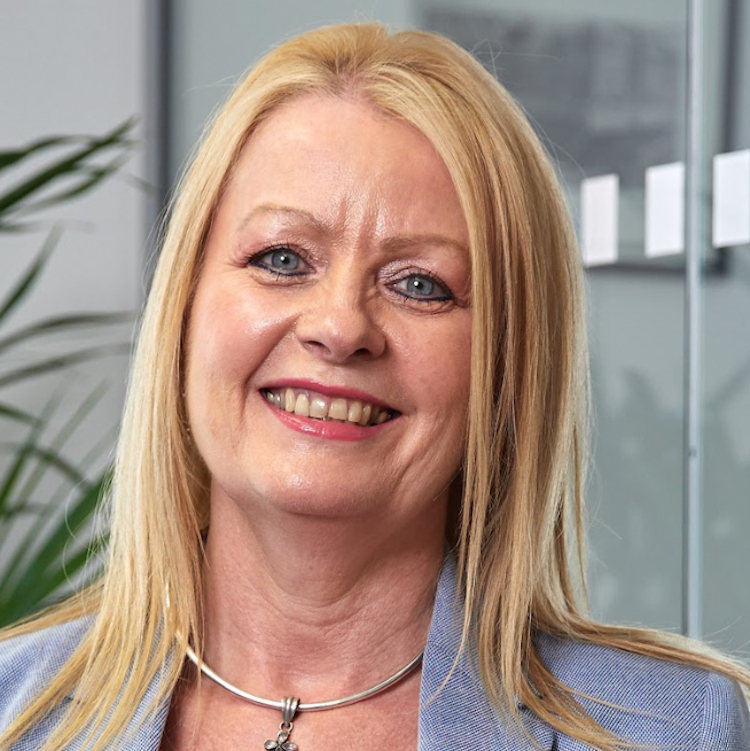
I try to say to line managers: one size fits one, don’t assume a standard approach will work for everybody. Have the dialogue and try to get something that meets business needs but also helps the individual get where they need to get
Industry issue
According to Suff, there are “compelling reasons” for employees to approach the menopause as a workplace and business issue, rather than a female issue.
These include the economic participation of women at work, the need to retain skills and performance and productivity.
She adds: “Providing helpful adjustments to enable women to manage the impact of symptoms and access to support will help people to remain in fulfilling careers. The organisation will gain by securing a more engaged and committed workforce.
“There’s a strong compliance case, as not supporting employees could result in a successful tribunal case on grounds of discrimination. It’s also the socially responsible thing to do.”
Brookes adds that the shift from menopause being seen as a female issue to an industry issue “happens as you gain momentum”.
“As organisations start to adopt the approach, you see this is important from an industry and a business perspective to operate effectively and to compete,” she says.
For Paul, it’s “an issue to do with humanity”. “You have to deal with it,” she says. “You can’t ignore it.”
Comments
Comments are closed.


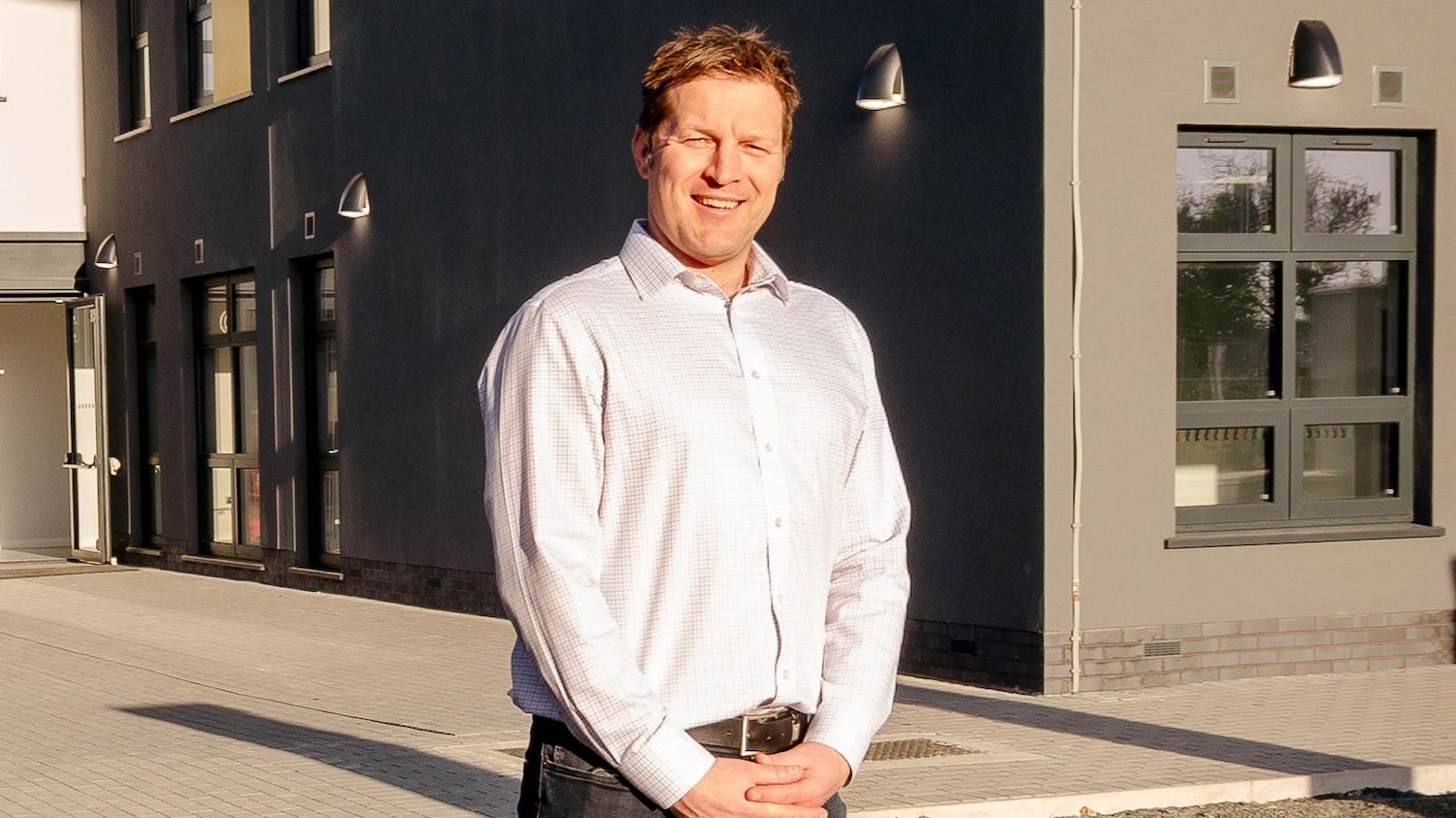
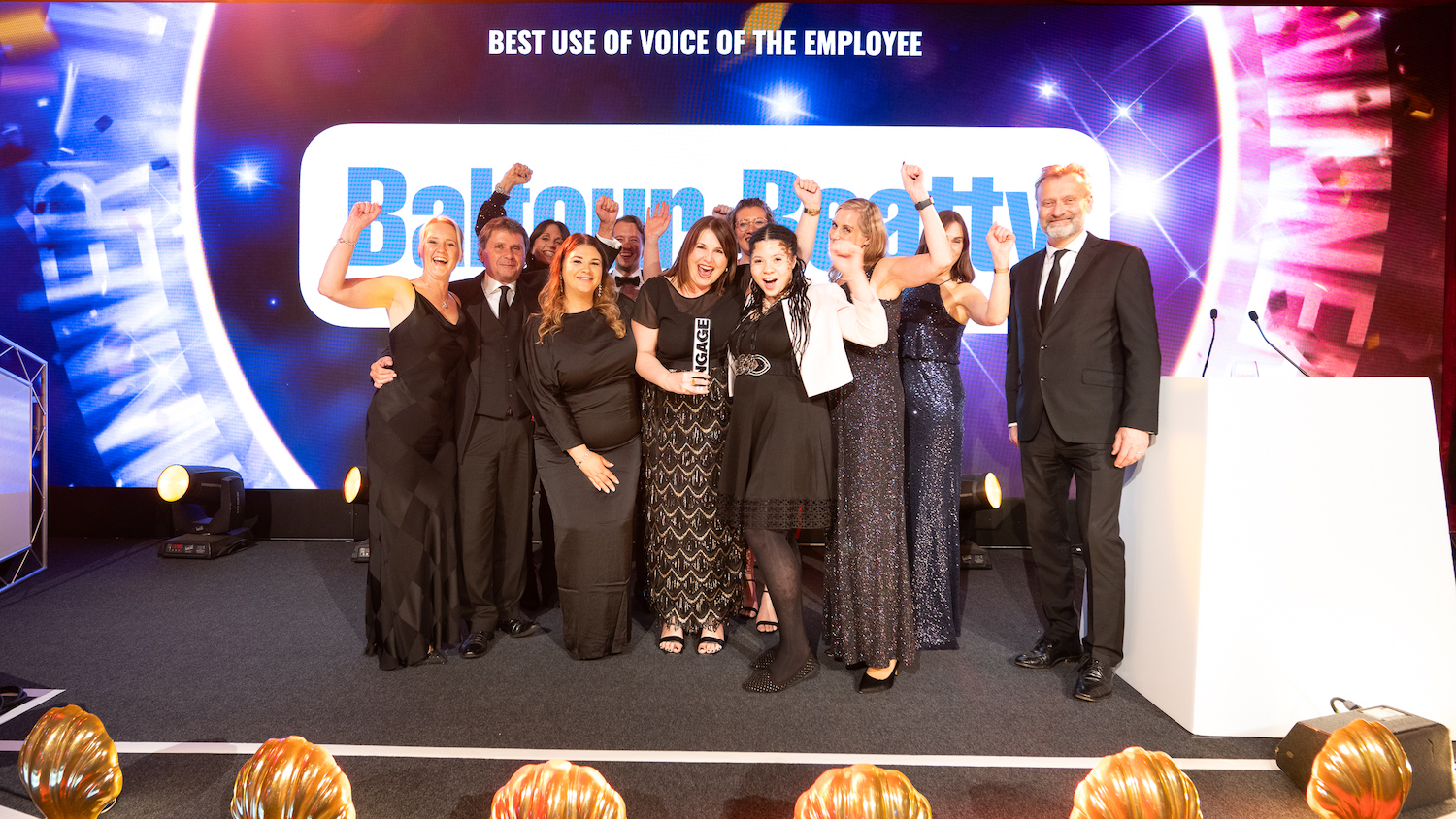


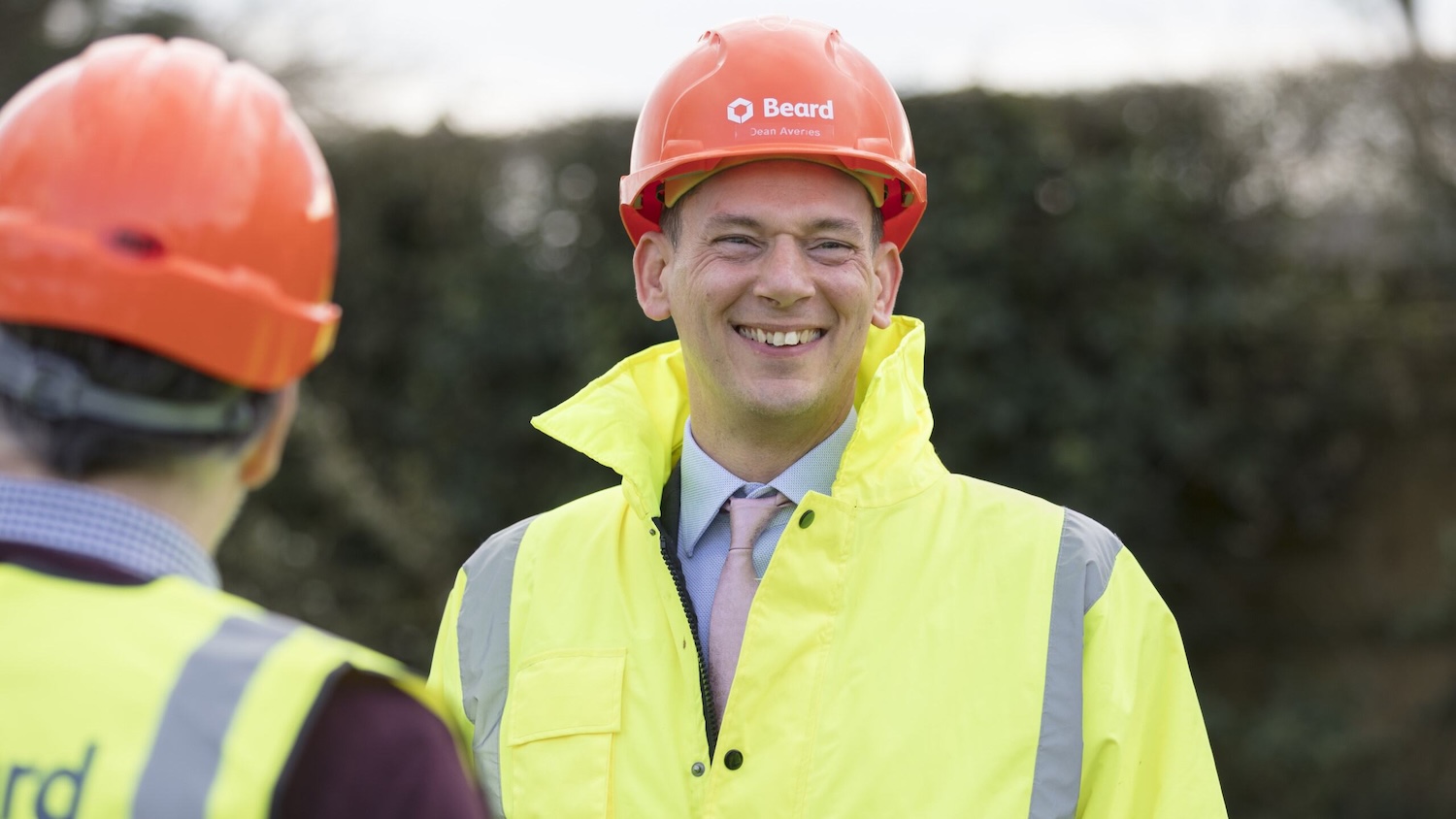
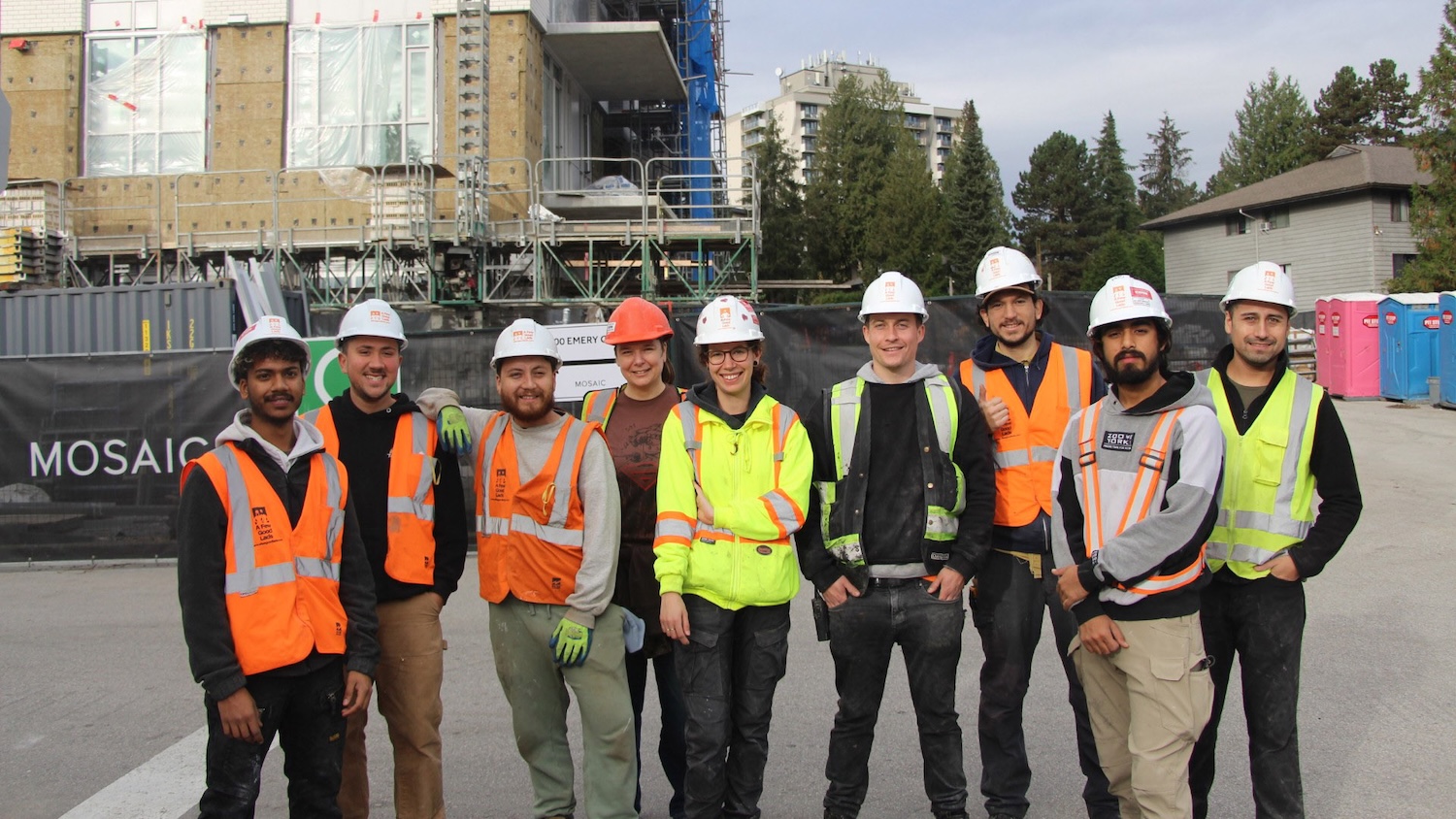
As a menopausal woman I am utterly gob smacked. My hormones are in no way a workplace or business issue by a “me issue”. In no way do I expect anyone to make my menopause a their issue. While the article aims to reflect sensitivity toward women in construction, I find it insulting and patronizing. Can’t we just do our jobs and leave the social agenda at the door? I would much rather be know for my abilities than for my estrogen level. I am sorry, but this article is highly offensive to me.
Hi Bonnie,
Thank you for sharing your thoughts on our recent article. The feature was not intended to cause any offence or patronise women in the industry. While issues related to menopause should be handled sensitively, it is important that they are discussed in the same way that we would any other topics related to employees’ overall health and wellbeing. Only by removing the stigma from issues like menopause do we ensure that an employee can bring their whole self to work, safe in the knowledge that they are supported by their employer.
Kind regards,
Nadine